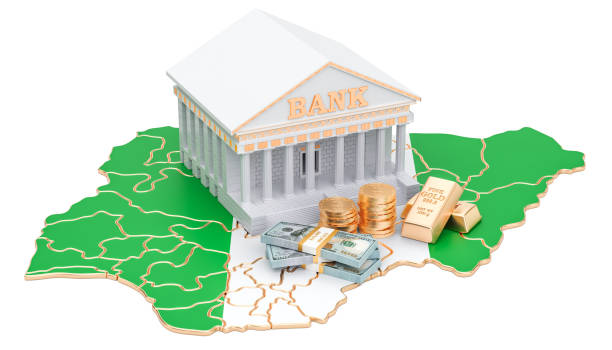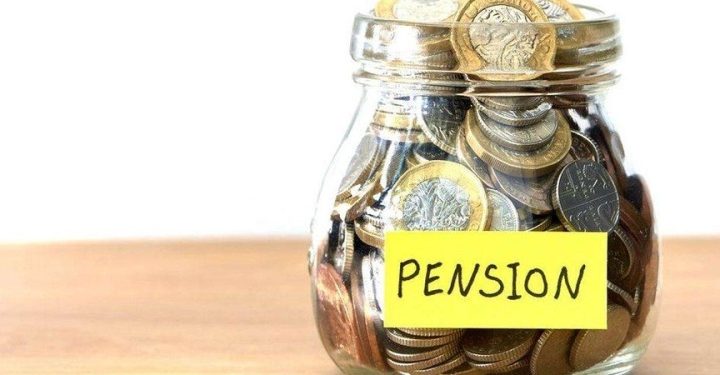The Naira suffered heavy depreciation against the United States Dollar (USD) in 2022 in the official channel and the Bureau De Change-controlled Black market.
Despite some notable policies by the Central Bank of Nigeria (CBN) to strengthen the Naira’s chances against the American greenback, the local currency fell by 7.96 per cent in the CBN-backed official market and 31.39 per cent in the parallel market.
Join our WhatsApp ChannelThis raised the official exchange rate between the Naira and the Dollar to N456.33/$1 at the end of last year, which is N33.66 kobo difference when compared to the N422.67/$1 it opened the same year with.
Also, the exchange rate in the black market was hovering above N745 per dollar at the last week of December 2022, well above the N565 reported at the end of 2021.
What factors fuelled hike in exchange rates
The central bank rolled out some policies in 2022 and resisted calls to end existing ones, as a result, the Naira grew weaker, as the policies acted in favour of the USD.
Also, decisions by some Nigerians contributed to the rise in Dollar rate in the official and black markets.
Attempt to reduce naira circulation: The central bank governor, Godwin Emefiele, blamed the increase in naira circulation for soaring inflation.
According to Emefiele, the amount of naira hoarded by the public is N2.7 trillion, out of the N3.26 trillion in circulation outside the banks’ vaults.
In order to recall these banknotes, he proposed redesigning the naira notes, an idea that was backed by President Muhammadu Buhari, however, it backfired as the ripple effects flowed into the foreign exchange markets.
Experts questioned the motive, as more naira began to chase a few Dollars in the black market due to persons trying to dump illicit cash. This caused the demand for USD to rise, and at the same time, its value, dragging Naira’s worth down in the process.
BDCs inability to find a replacement for CBN: Throughout 2022, the Bureau De Change operators (BDCs) struggled to find a replacement for the central bank for the supply of forex.
Initially, when the BDC was introduced into Nigeria’s forex market in 1989, they were expected to privately source for foreign exchange.
However, over the years, the CBN grew into its major supplier, despite most global central banks not selling forex to BDCs. The apex bank was providing at least $110 million weekly for 5,500 operators before it put an end to the supply on July 28, 2021.
CBN’s decision to suspend the sale of forex to BDCs left a huge vacuum that the operators have not been able to fill. It worsened the situation of the black market which had already seen demand overshoot supply.
Hence, the overwhelming demands increased the value of the dollar, considering the gap between the official and parallel markets has made the latter the choice of many.
Traders hoarding the dollars: It was gathered that some traders were obtaining the USD from the official market for international trade, however, they are not repatriating the proceeds or forex after the completion of transactions.
The CBN’s Deputy Director, Banking Services, Egboagwu Ezulu, had stated that: “We are taking FX out of this country and dumping offshore; when we were told to bring them back.
“If Nigerians are bringing back FX, we would not be talking about the challenges of FX.”
“we see billions of dollars that have been exported out of the country, and the OPS is not bringing it back, so how do we finance FX demand?,” He added.
Aside from hoarding the Dollars obtained in the official market, some traders are repatriating the forex but exchanging it in the black market, to take advantage of the gap between the official and black markets’ rates.
Nigerian youths are a contributing factor: It is no news that the majority of the youths in Nigeria are seeking greener pastures outside Nigeria.
While they can’t be stopped from travelling, the central bank has complained that the more Nigerians relocate from the country, the more Nigeria’s foreign reserves drop, as they request forex to finance their school affairs.
Using the United Kingdom as an example, the CBN said the number of student visas to the United Kingdom rose from 8,000 in 2020 to about 66,000 in 2022. As a result, an eight-fold increase amounting to $2.5 billion yearly in study-related forex outflow goes to just the UK, aside from US and Canada, which has become a popular destination for Nigerian youths.
The implication of this is that as foreign reserves drop amid a rise in demand for forex, the pressure will sink the value of the naira, as more people want to get their hands on the dollar note.
So, the attempt to reduce naira circulation, BDCs’ inability to find a replacement for CBN, traders hoarding the dollars and the Nigerian youths seeking greener pasture outside the country are some of the factors that contributed to the depreciation of the naira and increase in dollar rate in 2022.
Foreign exchange rate prospects for 2023
The 2023 outcome looks gloomy for some of the Bureau De Change operators that spoke to Prime Business Africa, as they said the political atmosphere raises uncertainty around policies.
Recall that Prime Business Africa had reported the Presidential candidates in the February election have been talking about the harm of multiple foreign exchange regimes on the forex rate.
Their manifesto has raised the possibility of Nigeria adopting a single foreign exchange market, a decision that would raise the official exchange rate to above N500.
However, with Nigerian politicians known to backtrack on their campaign promises, the projection of Nigeria eliminating the multiple foreign exchange regime is being played down, which means the possibility of the Naira exchanging above N700 in 2023 is high, and trading above N400 in the official market can’t be ruled out.
Although, the Chief Executive Officer of Financial Derivatives Co Ltd, Bismark Rewane, has projected that the black market rate will drop to N680/$1 in 2023 due to inevitable exchange rate adjustment.
“In 2023, exchange rate adjustment is inevitable, and when this happens and there are fewer administrative controls in the forex market, there will be more investment flows into the economy, which will help Naira defend against the dollar,” Rewane said in Nigerian Economic Outlook 2023 document.
But considering the expectations of Bureau De Change operators who spoke with Prime Business Africa, the exchange rate might not experience a sharp drop as predicted by Rewane, as uncertainty on who will win the election next month and their policies will compel hoarders not to free the Dollars in their possession and encourage them to dump more naira for the USD, leading to the growth of the American greenback against the Naira in 2023.














Follow Us